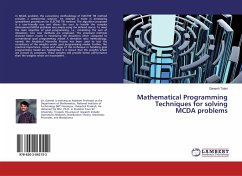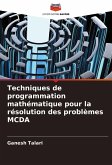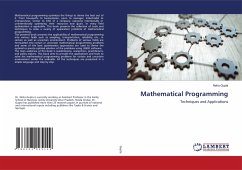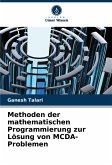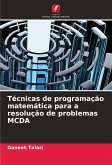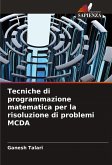In MCDA problem, the outranking methodology of ELECTRE TRI method provides a compromise solution. An attempt is made in developing spreadsheet procedures for ELECTRE TRI method. The algorithm proposed is a user-friendly one and allows the user to handle the complex dimensioned MCDA problems very simply using the defined macro. To meet the main objective of goal programming, i.e., minimizing the sum of deviations, two new methods are proposed. The proposed methods showed better results in minimizing the deviations when compared to conventional goal programming model. A derivative ratio methodology, namely the Analytical Hierarchy Process has been used to test the consistency of the weights under goal programming model. Further, the practical importance, scope and usage of this technique in handling goal programming model are highlighted. It is shown that the weights which are proved as consistent, these weights will provide better performance than the weights which are inconsistent
Bitte wählen Sie Ihr Anliegen aus.
Rechnungen
Retourenschein anfordern
Bestellstatus
Storno

